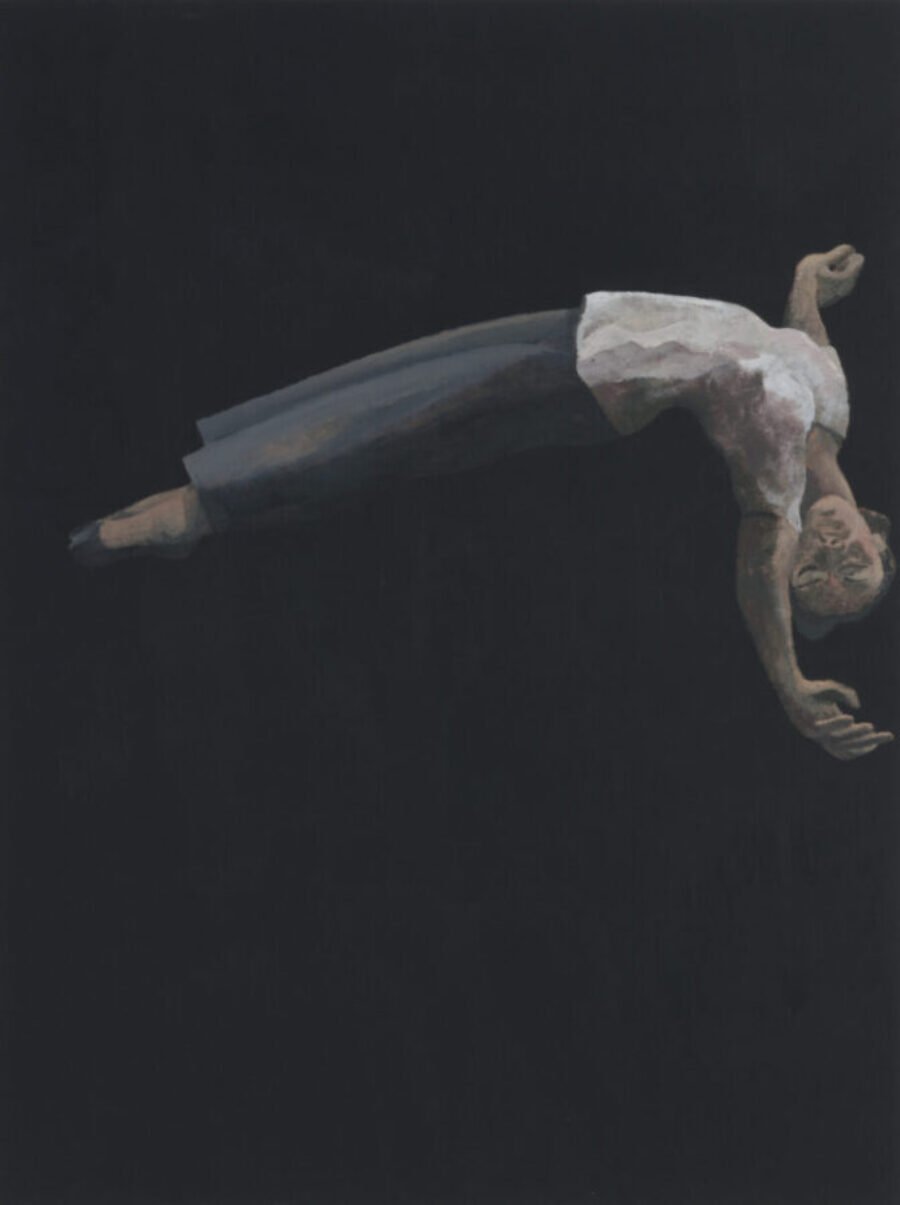
Intrusive Thought, by Lenz Geerk © The artist. Courtesy the artist and Roberts Projects, Los Angeles
Not long ago our mother died, or at least her body did—the rest of her remained obstinately alive. She took a considerable time to die and outlasted the nurses’ predictions by many days, so that those of us who had been summoned to her bedside had to depart and return to our lives.
No one cried at her death, though among the congregation at the funeral there were some outbursts of shocked weeping, as though at the sight of death being surprised in the act of stealing from life. It was the entrance of the coffin, rather than the…






































































































